Learn about how soil is made with this 15-slide teaching presentation.
🌱How Is Soil Made?
Have your students ever wondered how soil is created? Soil is made by the weathering of rocks or by decomposing dead plants and animals. This presentation aims to teach students about these types of soil creation. Additionally, students will learn about how a soil profile is made and make predictions about what type of soil is most suitable for planting.
During this presentation, students will explore how soil is created by weathering and decomposition.
How to Use Our Teaching Presentation in Your Classroom
A team of dedicated, experienced educators created this resource to support your science instruction in the classroom.
🧑🏫 Group Lesson
Project the slides onto a screen and work through them as a class. Encourage students to respond to the questions in their notebooks or on a mini whiteboard.
🗣️ Turn & Talk
Invite students to pair up with someone in the seat nearest to them for a 5-minute Turn & Talk. Keep students engaged and on task by directing them to focus on a specific topic, or let them freely discuss the content. Use this Turn & Talk session to encourage students to make space for each other by actively listening, asking questions, and practicing empathy.
Easily Prepare This Resource for Your Students
Use the Download button to access the PDF version of this resource.
This resource was created by Melissa McLaren, a teacher in Massachusetts and Teach Starter Collaborator.
Don’t stop there! We’ve got more activities and resources that cut down on lesson planning time:
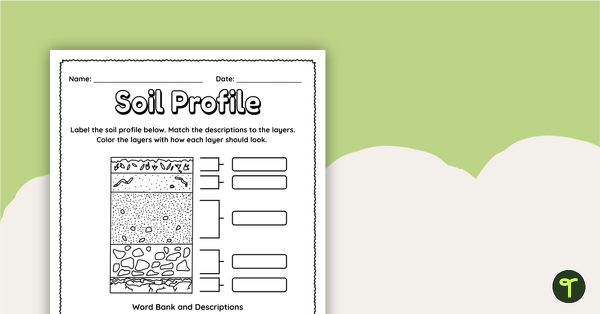
teaching resource
Label a Soil Profile – Worksheet
Identify and label different layers with this soil profile worksheet.
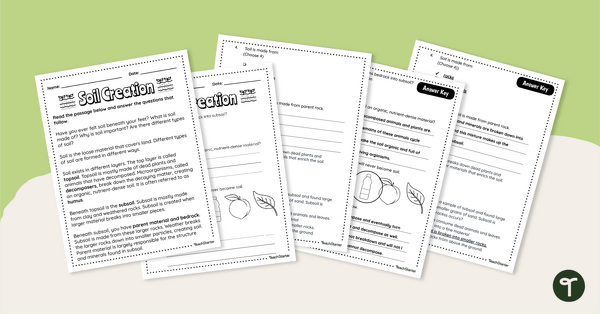
teaching resource
Soil Creation – Worksheet
Integrate reading and science with this 7-question comprehension worksheet about soil.
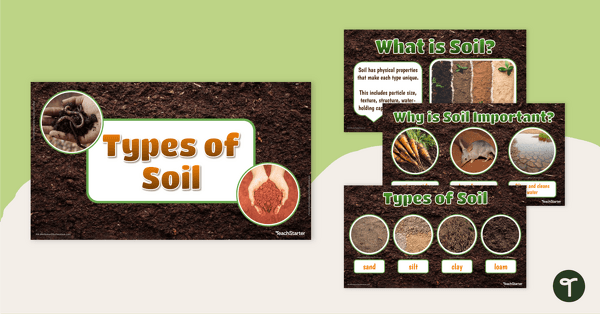
teaching resource
Types of Soil – Teaching Presentation
Practice identifying different types of soil with this 18-slide teaching presentation.
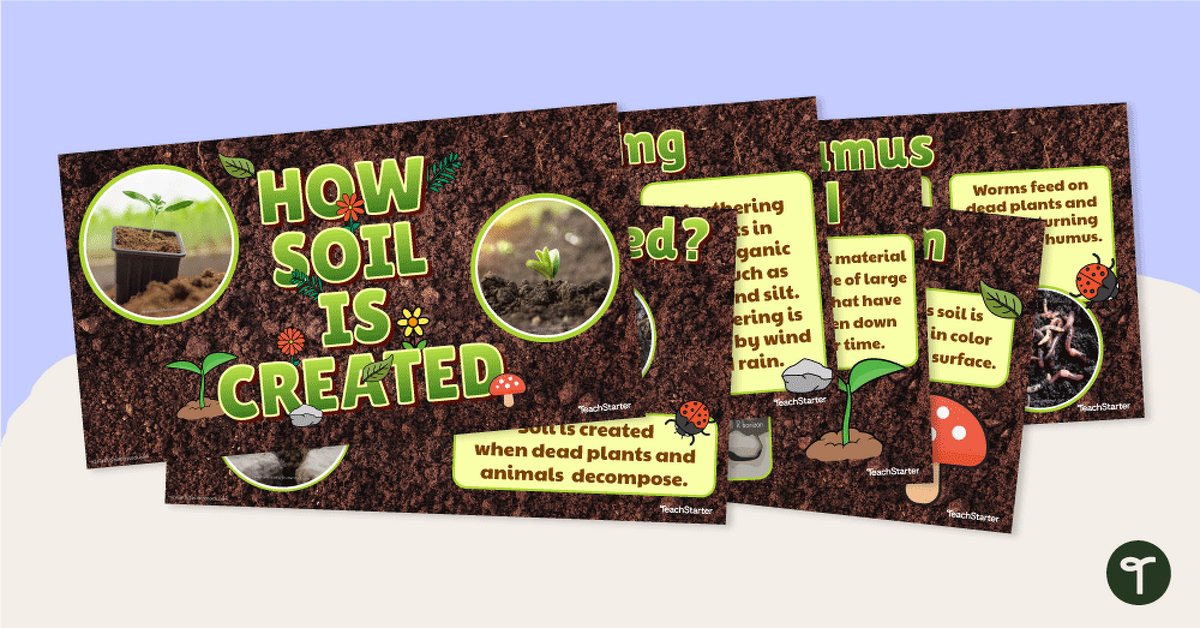

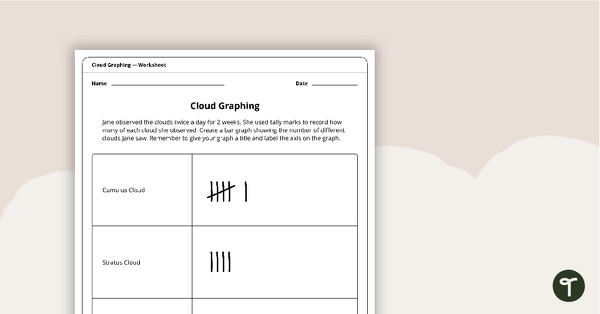
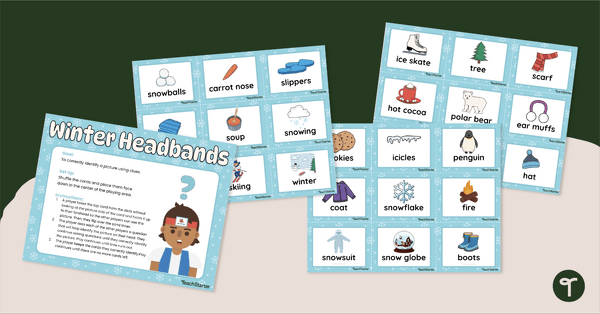
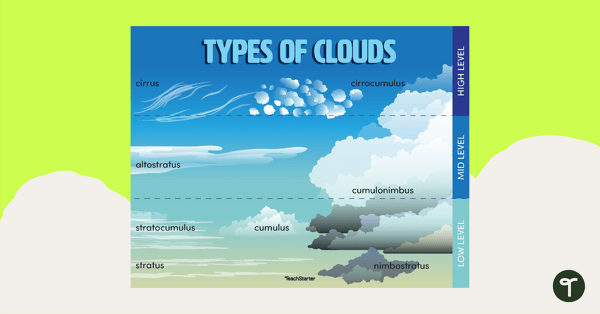
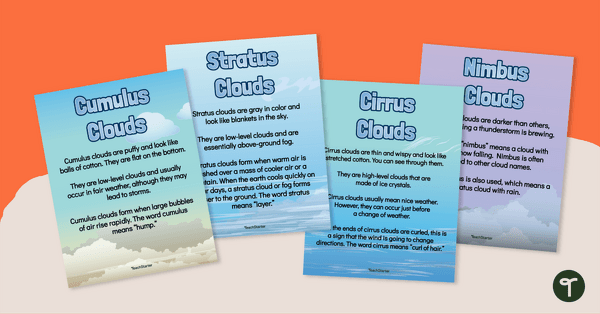
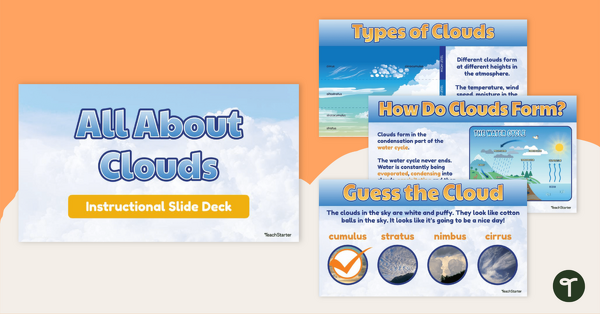
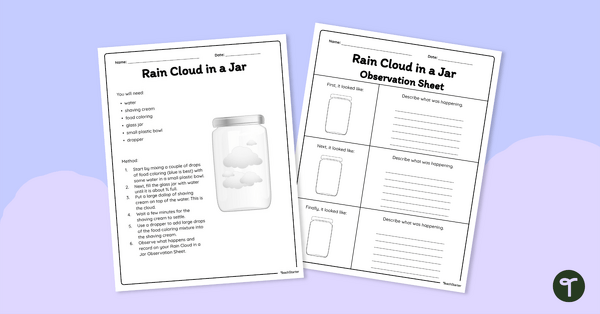
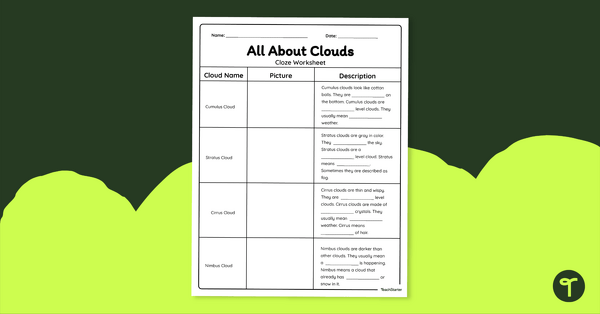
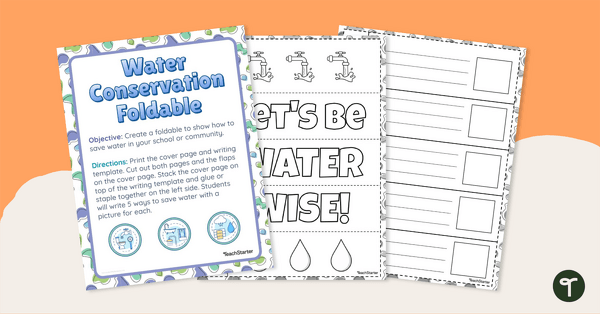
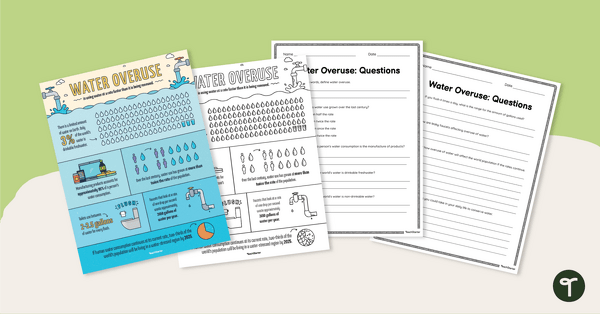
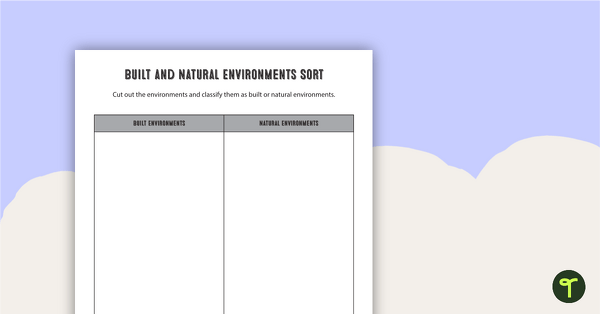
0 Comments
Write a review to help other teachers and parents like yourself. If you'd like to request a change to this resource, or report an error, select the corresponding tab above.